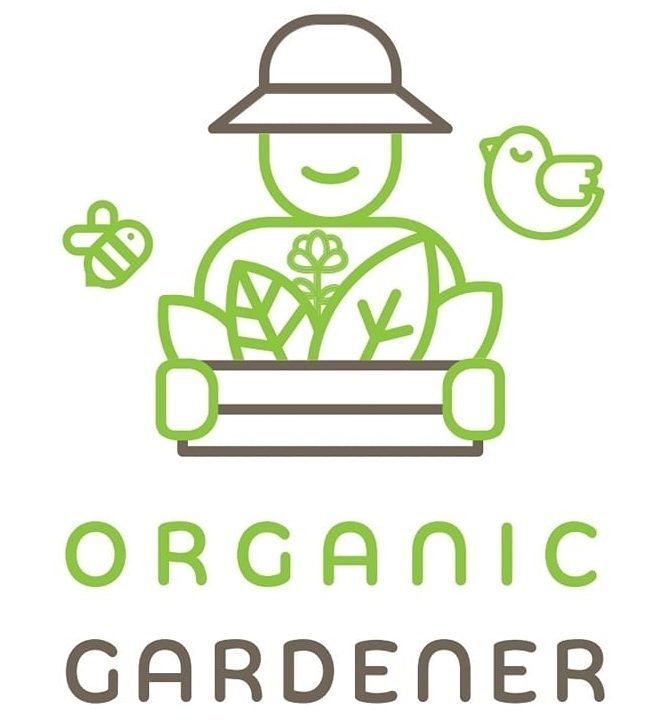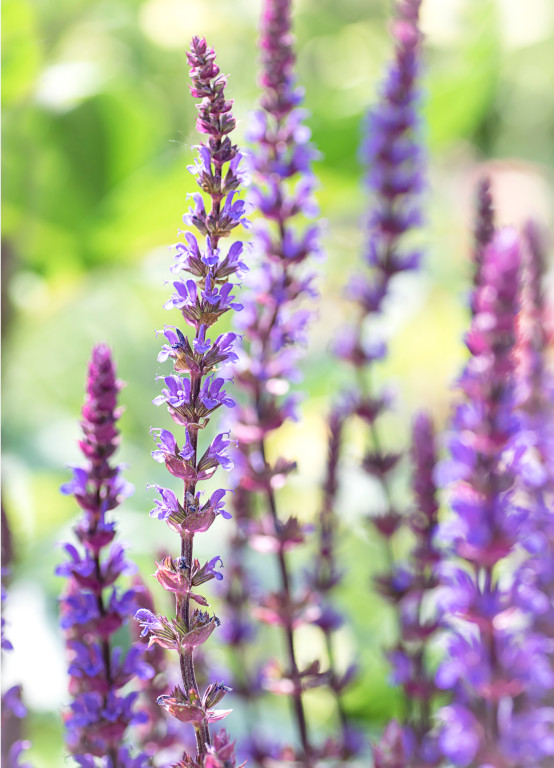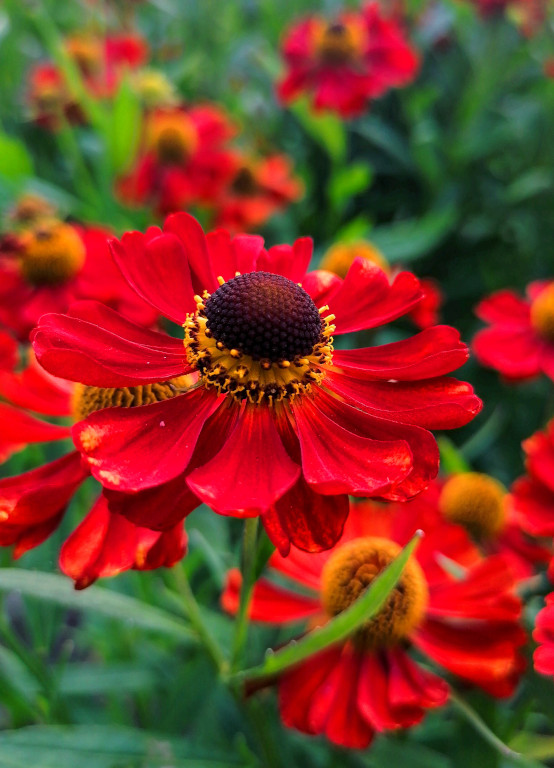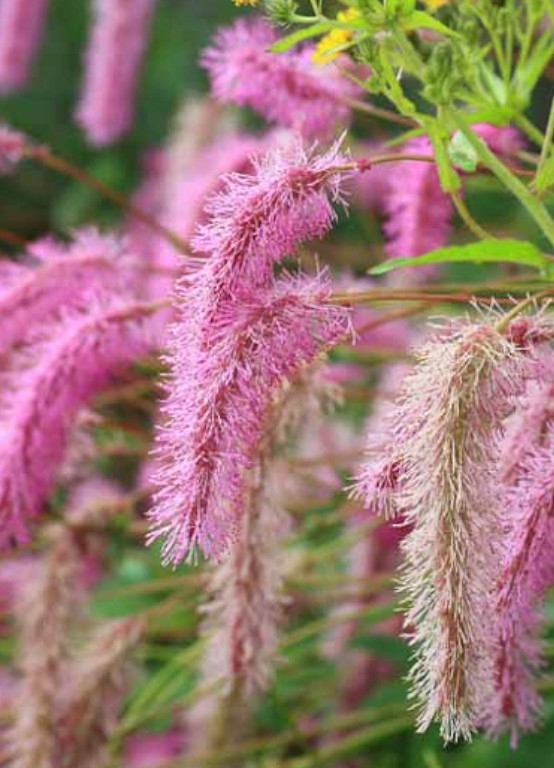Browse our Eco-Friendly Bare Root Perennial Range.
Eco-Friendly (Bare Root) Perennials.
Increase landscaping appeal by planting a series of eye-catching and eco-friendly grown bare root perennials and plants. Flowers are an essential part of the ecosystem, as they feed birds, insects, animals and even humans. Typically, perennials are more efficient with water consumption, and when well cared for, perennials can live for several years. After the plant dies back, the roots will remain and provide a new and stronger plant in the following year, which means no need for re-planting. Not only do perennials require less annual maintenance, they also improve the soil structure.
Eco-Friendly Grown Bare Root Perennials Range
Bare root perennial plants are offered from February to May without a pot and compost and are wrapped in a biodegradable plastic bag to keep them moist. One of the advantages of bare root perennials is that they are less expensive than potted plants, since they are easier and cheaper to ship. They are also easier to handle and plant, as they are lighter and less bulky than potted plants. Because they are shipped without soil, bare root perennials are also less likely to carry soil-borne diseases, making them a safer choice for gardeners. We offer a beautiful range of eco-friendly grown bare root perennials throughout the UK.
Potted Eco-Friendly Perennials Range
After the bare root season, we pot all remaing bare roots in either Moorland Natural Peat Alternative compost or Moorland Gold Potting Compost. These compost varieties are Soil Association certified for organic gardening and will either contain an alternative for peat or recycled peat. The plants are grown in our unheated polytunnel and will not be forced to grow through heating or chemical fertilizers. We use rainwater to water them and use natural fertilizers like comfrey tea for example.
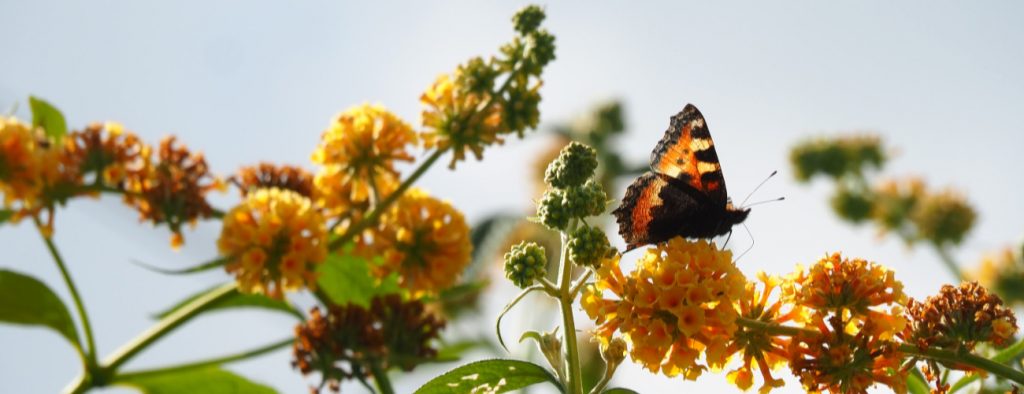
Why Eco-Friendly Grown Plants?
Our range of eco-friendly bare root perennial plants are grown in pesticide-free open soil with the use of eco-friendly and natural (non-chemical) fertilizers to help growth and health. They are grown naturally outside using their own time and pace, and they are not forced to grow like plants grown in heated glasshouses, which saves lots of energy and gas use. The advantage of slow and natural growth is that these plants will have much stronger roots and are therefore more sustainable and healthier. Plants grown in heated glasshouses develop small roots and appear to be bigger plants in the beginning, while they are much weaker.
Eco-friendly grown plants, also known as sustainable agriculture or organic farming, are grown using sustainable methods that promote environmental health, conserve natural resources, and minimize the negative impact on the ecosystem.
One of the primary benefits of eco-friendly grown plants is that they are free of harmful chemicals that can have detrimental effects on both human health and nature. Organic farmers use natural methods, such as crop rotation and natural pest control, to promote healthy soil and plant growth. Organic farming methods also help to conserve water, reduce soil erosion, and minimize the amount of pollutants that enter the soil and waterways. This is important because excessive use of synthetic fertilizers and pesticides can lead to the depletion of soil nutrients and the destruction of beneficial microorganisms that are essential for healthy plant growth.
Moreover, eco-friendly grown plants have a positive impact on the biodiversity of the ecosystem. Organic farming practices encourage the growth of beneficial insects, birds, and other wildlife, which can help control pests and pollinate crops. This, in turn, helps to maintain a healthy balance within the ecosystem and reduces the need for chemical interventions. Overall, eco-friendly grown plants are a more sustainable and responsible way of farming that benefits both people and the environment. By supporting organic farming practices, consumers can help to promote a healthier, more sustainable future for all. On top of it all, the plants in your garden don’t contain pesticides and won’t be harmful for wildlife and pollinators as well!
Our collection of eco-friendly and pesticide-free plants, will add an enchanting touch to your scenery and increase biodiversity. You will happily look across your garden and see a colourful collection of flowers, which will be safe for pollinators and support biodiversity, all while looking good. We have a range of colours available including pink, yellow, red, purple, pastels and more. The plant range is versatile and popular, and they cover your garden with colour in each season. These easy-to-grow eco-friendly grown bare root perennials are available in different shapes, sizes and quantities, making them suitable for small gardens, balconies, large outdoor spaces, plant pots and borders. We deliver our eco-friendly bare root perennials throughout the UK.
You can positively contribute to creating more biodiversity in your garden today by investing in our bare root perennials, all while upgrading the appearance of your outdoor space. If you have any questions about our extensive range of eco-friendly perennials, feel free to contact us.
Tutorial How to Plant Bare Root Perennials.
Guide for Growing Bare Root Perennials
Before planting bare root perennials, soak the roots in a bucket of water for a few hours to rehydrate them. This will help the plants establish themselves more quickly once they are in the ground. When planting, make sure to dig a hole that is large enough to accommodate the entire root system, and make sure the growing points are kept above the soil. Add a small mound of soil in the centre of the hole to support the plant. Spread the roots out over the mound and fill in the hole with soil, making sure to water the plant thoroughly.
Bare root perennials are a great choice for gardeners who want to save money and time, and who are looking for healthy, disease-free plants. They are also a good option for gardeners who want to try new plants or experiment with different varieties, since they are less expensive than potted plants and easier to handle and plant.
Some popular bare root perennial plants include Cynara, Helenium, Persicaria and Stachys. These plants are all easy to grow and maintain, and will provide beautiful blooms and foliage year after year. Other popular choices include Nepeta, Lobelia, Veronicastrum and Achillea.
In order to ensure the health and longevity of your bare root perennials, it is important to provide them with proper care and maintenance. Make sure to water the plants regularly, especially during the first few weeks after planting, and feed them once or twice a year with a natural fertilizer like manure or comfrey. Deadhead spent blooms and remove any dead or damaged foliage to keep the plants looking their best.
In conclusion, eco-friendly bare root perennials are a great choice for gardeners who want to increase biodiversity and who are looking for healthy, disease-free plants. By following a few simple steps, you can plant and care for bare root perennials successfully and enjoy beautiful blooms and foliage year after year.
